Cambridge IGCSE
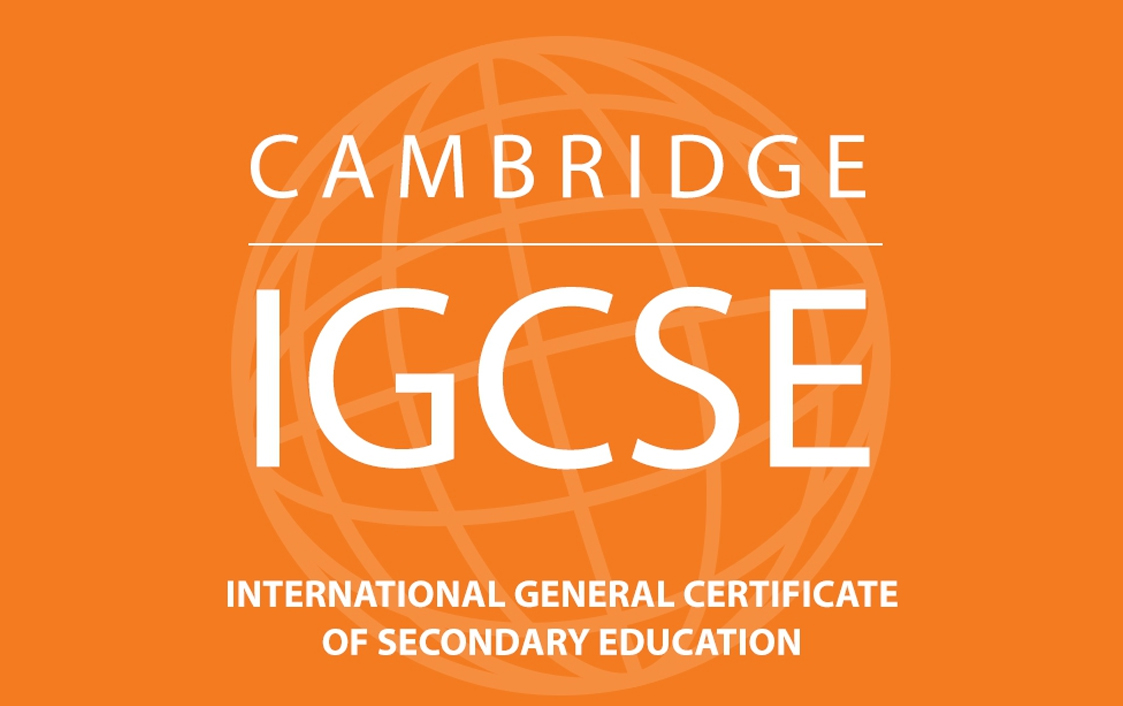
What is IGCSE?
IGCSE stands for the International General Certificate of Secondary Education. It is the world’s most popular one-year program provided for grade 10 students. Any student who takes an IGCSE subject will be gaining a qualification that is recognized globally. They are established qualifications that keep pace with educational developments and trends and so are an ideal foundation for higher level courses such as A-Levels, AP or the International Baccalaureate Diploma. Students typically take 5-6 subjects during the grade 10 year. Not only can students lay the foundation of English, but also pave the way for learning disciplinary knowledge.
How are Cambridge IGCSE courses in Cogdel Cranleigh School?
Cambridge IGCSE/A-level courses was first introduced to Cogdel Cranleigh School Changsha in 2020 (Centre Number: CX058). Cambridge IGCSE assessment takes place at the end of the course and can include written, oral, coursework and practical assessment. This broadens opportunities for students to demonstrate their learning, particularly when their first language is not English. In many subjects there is a choice between core and extended curricula, making Cambridge IGCSE suitable for a wide range of abilities. In Cogdel Cranleigh School, we require all students to take the extended level courses. Grades are benchmarked using eight internationally recognized grades, A* to G, which have clear guidelines to explain the standard of achievement for each grade. Cambridge IGCSE examination sessions occur twice a year, in May and November and results are issued in August and January. We usually organize students to take part in the IGCSE examination in May.
Our school currently offers IGCSE courses in the following subjects. Click on each subject to view in-depth information about what is taught and how students are assessed. Here you can also learn about how each subject can provide opportunities for students in the future.
What IGCSE courses do we provide?
Cambridge IGCSE subjects
Art & design (0400)
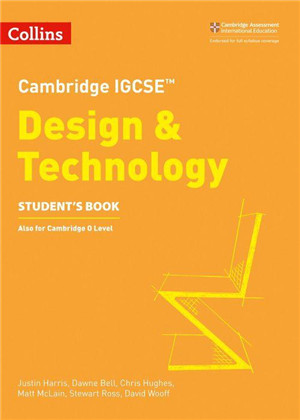
The Cambridge IGCSE Art & Design syllabus aims to encourage a personal response by stimulating imagination, sensitivity, conceptual thinking, powers of observation and analytical ability. Learners gain confidence and enthusiasm as they develop technical skills in two and three dimensional form and composition, and are able to identify and solve problems in visual and tactile forms. They also learn how to develop ideas from initial attempts to final solutions. An ideal foundation for further study, Cambridge IGCSE Art & Design also develops a greater awareness of the role played by the visual arts in society and in history, broadening cultural horizons and individual experience.
Biology (0610)
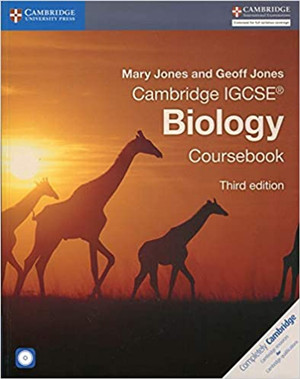
Cambridge IGCSE Biology helps learners to understand the biological world in which they live and take an informed interest in science and scientific developments. The syllabus includes the basic principles and concepts that are fundamental to the subject, some current applications of biology, and a strong emphasis on practical skills.
Chemistry (0620)
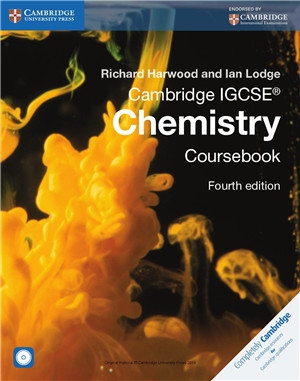
Cambridge IGCSE Chemistry helps learners to understand the technological world in which they live and take an informed interest in science and scientific developments. The syllabus includes the basic principles and concepts that are fundamental to the subject, some current applications of chemistry, and a strong emphasis on practical skills.
Chinese (0509)
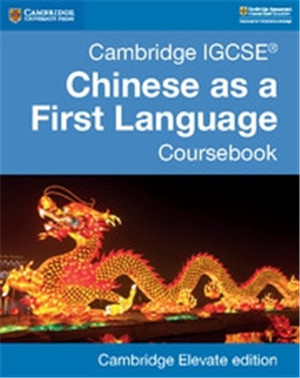
The Cambridge IGCSE First Language Chinese syllabus is designed for learners whose first language is Chinese. The syllabus develops learners' ability to communicate clearly, accurately and effectively. They learn how to employ a wide-ranging vocabulary, use correct grammar, spelling and punctuation, and develop a personal style and an awareness of the audience being addressed. Learners are also encouraged to read widely, both for their own enjoyment and in order to develop an appreciation of how writers achieve their effects. The syllabus also complements other areas of study by encouraging skills of more general application.
Computer science (0478)
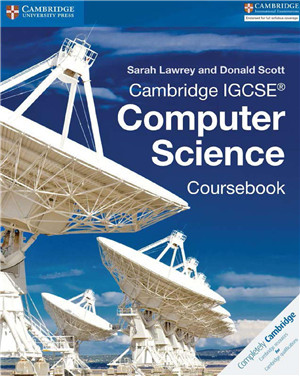
Cambridge IGCSE Computer Science helps learners develop an interest in computational thinking and an understanding of the principles of problem-solving using computers. They apply this understanding to create computer-based solutions to problems using algorithms and a high-level programming language. Learners also develop a range of technical skills, and the ability to effectively test and evaluate computing solutions. Studying Cambridge IGCSE Computer Science helps learners appreciate current and emerging computing technologies, the benefits of their use and recognize their potential risks.
Economics (0455)
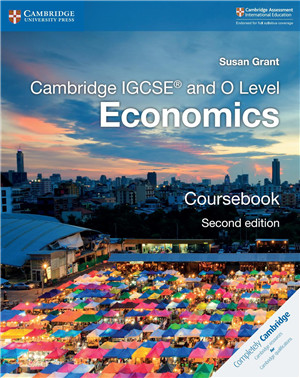
The Cambridge IGCSE Economics syllabus develops an understanding of economic theory, terminology and principles. Learners study the economics of different countries and how these interrelate. They also learn to work with simple economics data and to use the tools of economic analysis. Learners apply understanding of economics to current economic issues.
Cambridge IGCSE English as a Second Language (Speaking count-in) (0511)
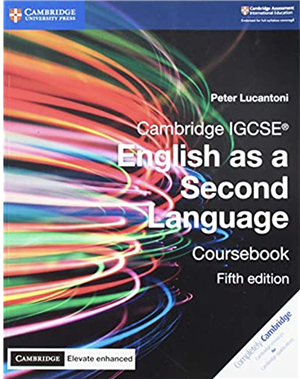
Cambridge IGCSE English as a Second Language is designed for learners who already have a working knowledge of the language and who want to consolidate their understanding in order to progress in their education or career. Through their studies, learners will improve their ability to understand and use English in a range of situations. The aim is to achieve a level of practical communication ideal for everyday use, which can also form the basis for further, more in-depth language study. In this course, the marks for the speaking component contribute to the overall grade.
Geography (0460)
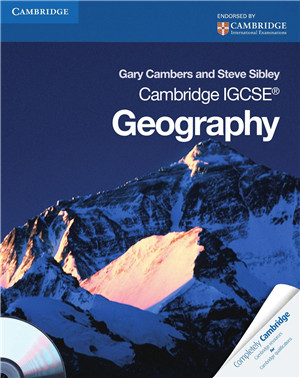
Through the Cambridge IGCSE Geography syllabus, learners will develop a 'sense of place' by looking at the world around them on a local, regional and global scale. Learners will examine a range of natural and man-made environments, and study some of the processes which affected their development. They will also look at the ways in which people interact with their environment, and the opportunities and challenges an environment can present, thereby gaining a deeper insight into the different communities and cultures that exist around the world.
Mathematics (0580)
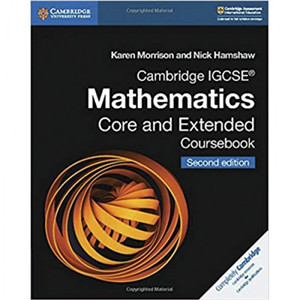
An essential subject for all learners, Cambridge IGCSE Mathematics encourages the development of mathematical knowledge as a key life skill, and as a strong basis for more advanced study. The syllabus aims to build learners' confidence by helping them develop competence and fluency with mathematical concepts, methods and skills, as well as a feel for numbers, patterns and relationships. The syllabus also places a strong emphasis on solving problems and presenting and interpreting results. Learners also gain an understanding of how to communicate and reason using mathematical concepts.
Mathematics-additional (0606)

Cambridge IGCSE Additional Mathematics supports learners in building competency, confidence and fluency in their use of techniques and mathematical understanding. This course helps learners to develop a feel for quantity, patterns and relationships. Learners will develop their reasoning, problem-solving and analytical skills in a variety of contexts. It provides a strong foundation of mathematical knowledge both for candidates studying mathematics at a higher level and those who will require mathematics to support skills in other subjects.
Physics (0625)
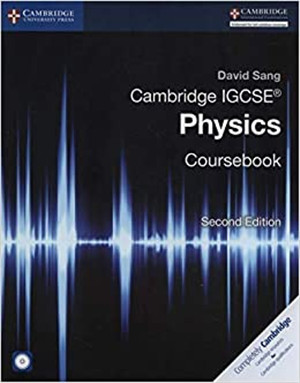
Cambridge IGCSE Physics helps learners to understand the technological world in which they live, and take an informed interest in science and scientific developments. The syllabus includes the basic principles and concepts that are fundamental to the subject, some current applications of physics, and a strong emphasis on practical skills.
